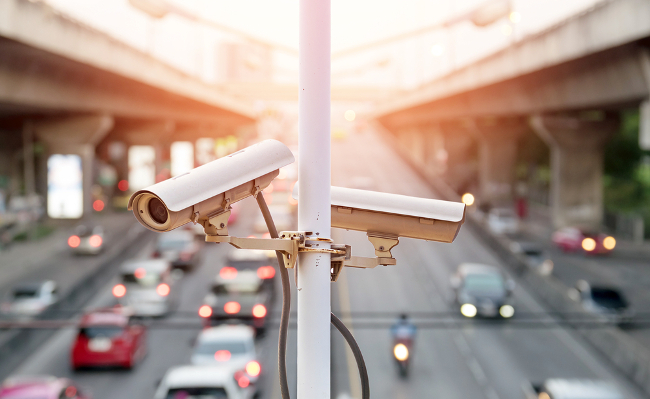
Does mass surveillance keep us safe? That’s been a question for years, but one that’s come into sharp focus, particularly recently with the rise of new technologies and new ways for governments around the world to exploit them. The idea, of course, is by gathering everything they can get, intelligence agencies can spot even the tiniest would-be terrorist. One problem, according to the UN’s privacy watchdog: There’s not a scrap of evidence it works.
Professor Joseph Cannataci is about as qualified as one gets to evaluate privacy, surveillance, and the success or failure of laws, and in his first report to the UN, he’s not happy with recent mass surveillance laws:
2015-2017 have seen a growing tendency, especially though not exclusively in Europe, to indulge in “gesture-politics”. In other words, the past eighteen months have seen politicians who wish to be seen to be doing something about security, legislating privacy-intrusive powers into being – or legalise existing practices – without in any way demonstrating that this is either a proportionate or indeed an effective way to tackle terrorism.
Cannataci goes onto to say, more or less, that politicians are passing bills that don’t work to please constituents who don’t look closely at how those bills might affect them without bothering to ask how this makes us safer. And it’s a valid question; when the NSA has so much data it had to build what amounts to a giant filing cabinet in Utah to keep it all, one has to ask how they’re even mining this data, let alone getting anything useful out of it. If a government doesn’t need the data it’s collecting, and it can’t use it, why is it hanging onto it in the first place?
(via ZDNet)
